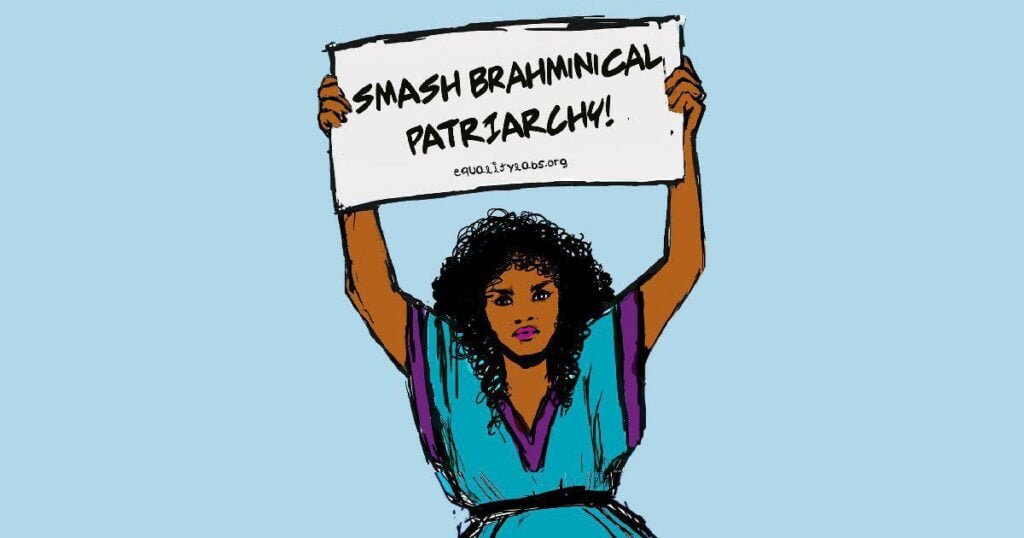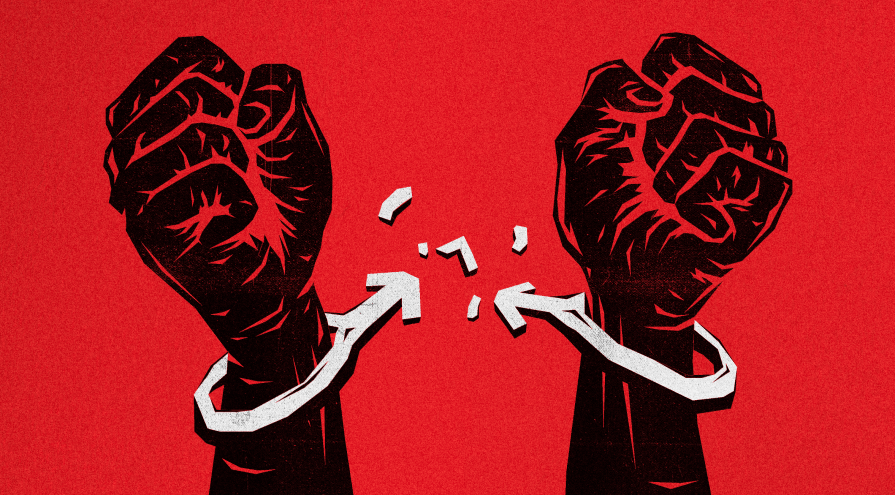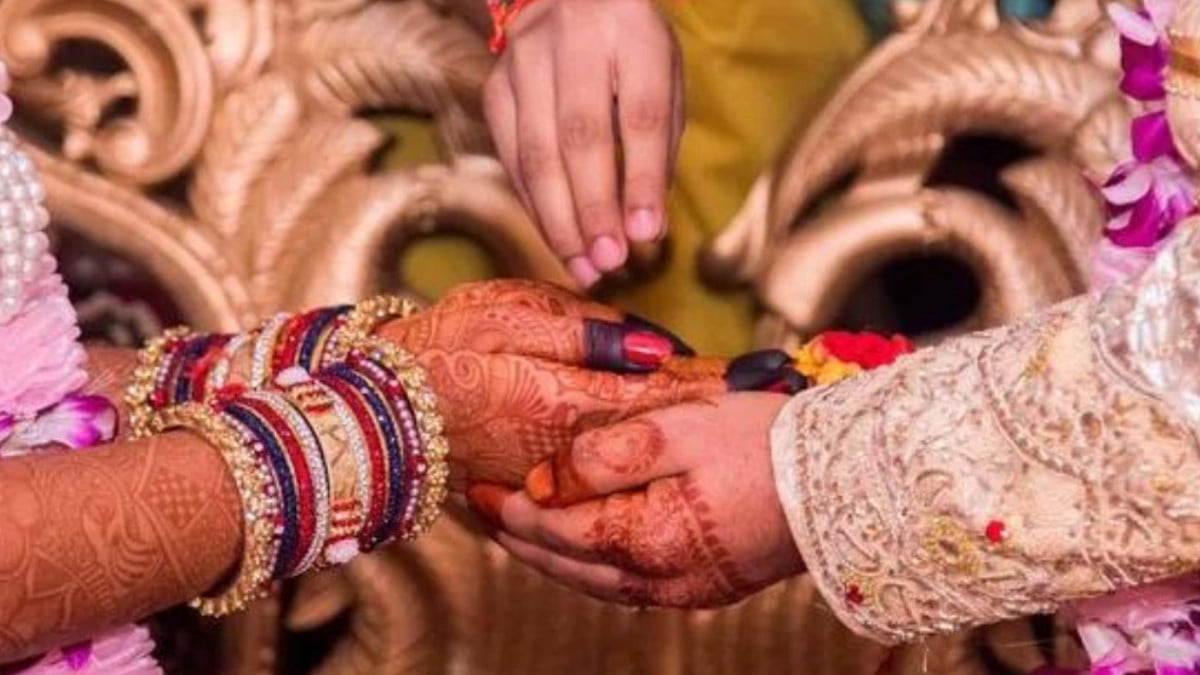Recently, the Karnataka High Court Justice M. Nagaprasanna in the Akshata Chougala vs The State of Karnataka and Ors case mentioned, “Caste of married women applying for government jobs must be decided based on parents’ caste certificate, not the husband’s,” issuing these directions in the petitions filed by Akshata Chougale and several others. The petitioners who filed the case are married women. They questioned the action of the selection authority in their treatment under the general category in the provisional selection list notified for the posts of graduate primary teacher for classes VI to VIII in the government and aided institutions of Karnataka.
The stance of the selecting authority and more
The speculation regarding this case escalated when the Karnataka selection authority had previously mentioned that petitioners would have to produce the caste and income certificates of their spouse and not of their parents clinging to the government’s order of December 1986. The petitioners had submitted the caste and income certificates of their parents as issued by the competent authority. However, the court mentioned that the select committee did not have the jurisdiction to do so. It stated that the declaration of the law had already been cleared by the apex court.
“The number of applicants to the posts of Graduate Primary Teachers in the subject recruitment is close to six thousand and the applicants whose applications have been rejected to come under any of the categories aforesaid and are directed to be brought under general merit are several hundreds. Therefore, this Court would not shirk its responsibility of setting the wrong right. Therefore, these petitions are held to be entertainable only on the solitary issue concerning caste and income certificates and in the peculiar circumstances.”
Karnataka High Court
Justice Nagaprasanna was surprised that the state was time and again repeating the same mistake of relying on a 1986 government order which was prima facie unsustainable. The applicants uploaded all the documents while submitting their applications. One such document that was uploaded was the caste and income certificate. Every other criterion was accepted by the Deputy Director of Public Instructor, except applications which accompanied caste and income certificates depicting the caste and income of the father. Those applications which accompanied caste and income certificates of the father were all treated to be general merit candidates despite being entitled to reservations of OBCs. Advocate General Prabhuling K Navadgi defended the action saying the petitioners have to approach the Karnataka State Administrative Tribunal under Section 19 of the Administrative Tribunals Act,1985 as the tribunal is the court of first instance.

The court rejected the state’s argument regarding the maintainability of the petition raised by the state government. It clearly mentioned how this repeated decision again and again also drives applicants to knock at the courtroom doors even after previous sentences and rulings.
Also read: The Knot-able Age: An Overview Of Indian Women’s Negotiations When It Comes To Marriage
The bench mentioned how the state should direct the selecting authorities to act in tune with the law. It apprehended them to set its house in the right order and refrain from unnecessary litigation. “The number of applicants to the posts of Graduate Primary Teachers in the subject recruitment is close to six thousand and the applicants whose applications have been rejected to come under any of the categories aforesaid and are directed to be brought under general merit are several hundreds. Therefore, this Court would not shirk its responsibility of setting the wrong right. Therefore, these petitions are held to be entertainable only on the solitary issue concerning caste and income certificates and in the peculiar circumstances,” it said.
Reservation after migration and the question of caste and gender
The caste system is deeply rooted in Brahmanical Patriarchy. Under this system, women remain suppressed by the graded structure of inequality. This discourse treats women as ‘second class,’ second sex and as second citizens of the state. The reservation of women after migration falls under all these questionable arguments. In Manusmriti, a woman’s caste is defined by the caste group into which she was born, which is her father’s, not her husband’s. To prevent the institutionalised social discrimination of yesterday, the same pattern is being followed today for reaping the benefits of reservation.
This helps us to understand the larger problem of institutionalisation of inequalities through the roles designed for women manifested in modern forms. Through this hearing from the Karnataka High Court, we are compelled to question how women are viewed through the lens of law and order, the state and systems of social stratification in the country. Even law is compelled to set safeguards to protect people from institutionalised discrimination, exactly based on discriminatory systems of the past.
An important aspect of this declaration is the phrase ‘caste by birth’ which means that the claim is supposed to be made on the basis of the state of origin and not of migration. The place where the person originally belonged to, rather than the caste of the state to which they have migrated. There is still a stigma surrounding reservation as a whole, as the benefits are reaped by more socially and financially secure members from the historically oppressed communities as well. When we look at the hearing and the case, we don’t see any mention of OBC caste and other categories like the economically weaker sections.

The case along with the discussion around this helps us to examine the role of women in the perpetuation of caste. The role of patriarchy is instilled in the roots of the caste system of our society and the need to go beyond this conventional dichotomy of purity and pollution. The feminist historian and scholar, Uma Chakravarti unravel this dichotomy through the initiation of discourse around these lines. She mentions the intersectionality of caste and gender work reinforcing Brahmanical patriarchy inextricable ways.
This helps us to understand the larger problem of institutionalisation of inequalities through the roles designed for women manifested in modern forms. Through this hearing from the Karnataka High Court, we are compelled to question how women are viewed through the lens of law and order, the state and systems of social stratification in the country. Even the law is compelled to set safeguards to protect people from institutionalised discrimination, exactly based on discriminatory systems of the past. Though the case intends to provide benefits of reservation to the ones from the historically oppressed and marginalised. Nevertheless, its foundation has been laid on a very institutionally problematic system. It considers women as ‘commodities’ transferred from their father to their spouse’.
Also read: The Origin Of The Arranged Marriage System And Kerala’s Stockholm Syndrome
Followed by a complete disregard for their individualistic autonomy as themselves, as humans as persons above all. As much as the Court tried to set things right, and asked the government not to commit the same mistakes again. It didn’t really acknowledge the lack of time and space to detect reality. We also do not want the benefits to be claimed by the ones who appropriate a community’s experience. All in all, for women it’s a very perplexing stage, reservation for jobs on the basis of gender, caste and economic status are the only factors that are associated with the discourse. Adding on to it, the rising formalisation of our Indian economy might bring down the number of labour-intensive jobs in the job market.

The informal sector is dooming and therefore in such a case, the reservation doesn’t really fit in its applicability. According to statistics, Primary education teachers (% female) in India were reported at 55.52 % in 2021, according to the World Bank collection of development indicators, compiled from officially recognized sources. Hence, it is only wise enough for the lawmaking as well as implementing bodies to ensure a common vision with a sense of solidarity in their outlook on reservation and intersections of caste and gender.
About the author(s)
As an independent journalist, writer, and aspiring documentary filmmaker, Stuti covers about social and political issues. Interested in development journalism she also highlights issues on human rights, gender, education, unemployment, law and others. She aims to start her own news media initiative in the future to transform the way development is covered and discussed in the news.





